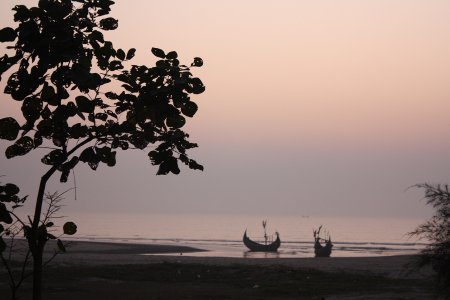 Alva White
News in brief
Alva White
News in brief
Summer reading
07/03/2017A selection of books chosen by members of Crash. Happy summer and happy reading !
 Alva White
News in brief
Alva White
News in brief
A selection of books chosen by members of Crash. Happy summer and happy reading !
 Opinion
Opinion
There can scarcely be any more sensitive marker of geopolitical transformations than the refugee. Not the individual refugee as such, but the phenomenon of refugees, the representations that make them visible and the discourse around them. From this point of view, 2016 was a year of upheaval, the like of which Europe had not seen since the war in the former Yugoslavia.
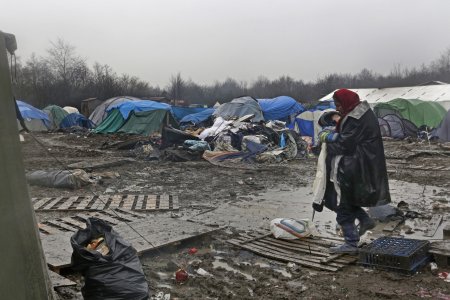 Jon Levy
Analysis
Jon Levy
Analysis
This article was originally published in Humanitarian Exchange Magazine #67 in September 2016. In this paper, Angélique Muller and Michaël Neuman attempt to explore the lessons learnt through examining the decisions as well as the difficulties MSF encountered in its provision of assistance to migrants in Grande-Synthe.
 Analysis
Analysis
Fabrice Weissman looks at the major stages of the Darfur conflict since 2003 from the perspective of a humanitarian medical organisation. He questions the predominant reading of this crisis, and cautions against the illusions of international armed intervention in the region.
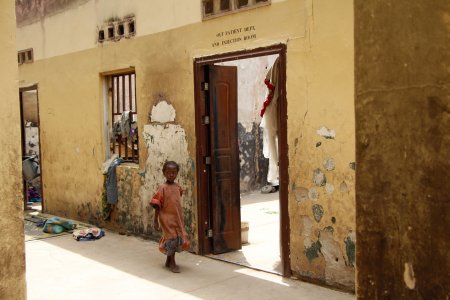 Benoit Finck
Analysis
Benoit Finck
Analysis
Rony Brauman focuses on the humanitarian environment and practices in war, in order to try to understand and analyze its political and ethical stakes. Starting with the creation of the Red Cross at the end of the XIXth century, he then focused on the contemporary postcolonial period, switching between various scales and reporting on contradictory points of view and issues.
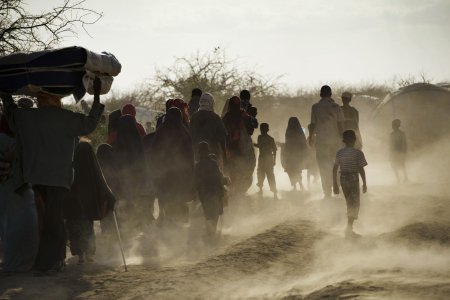 Lynsey Addario
Interview
Lynsey Addario
Interview
MSF Crash's directors of studies, Rony Brauman and Michaël Neuman talk about MSF's refugee camp experience.
 Jon Levy
Analysis
Jon Levy
Analysis
Cet article a été publié dans la revue Alternatives Humanitaires. Angélique Muller et Michaël Neuman opèrent un retour d'expérience sur l'action menée par Médecins Sans Frontières dans le cadre d'un projet d'assistance aux migrants dans la ville de Grande-Synthe.
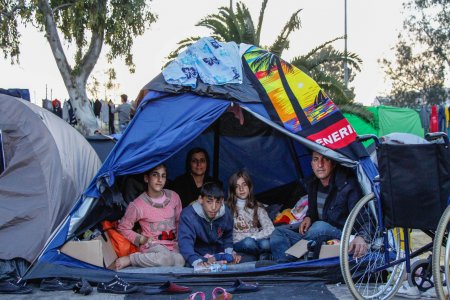 Mohammad Ghannam
Opinion
Mohammad Ghannam
Opinion
World Refugee Day will have served as a near universal reminder of the cynicism of European immigration and asylum policies: dissuasion that sacrifices thousands is the sole pillar of its policy for dealing with people fleeing war, persecution or untenable living conditions.
This article was originally published in French in Slate Magazine on 4 December 2015, accessible here. The article was translated into English by Teresa Piacentini for the University of Glasgow GramNet blog.
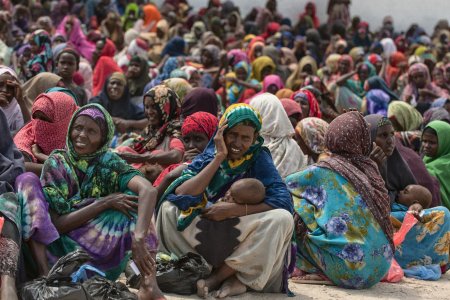 Yann Libessart
Opinion
Yann Libessart
Opinion
Humanitarian assistance has become entangled with migration and security agendas. Indeed, most humanitarian assistance in Somalia and in refugee camps is subordinated and in support of these two agendas.